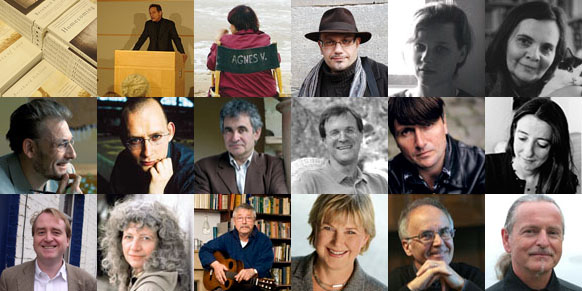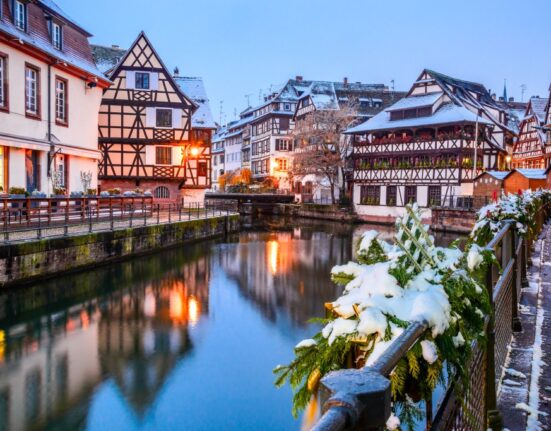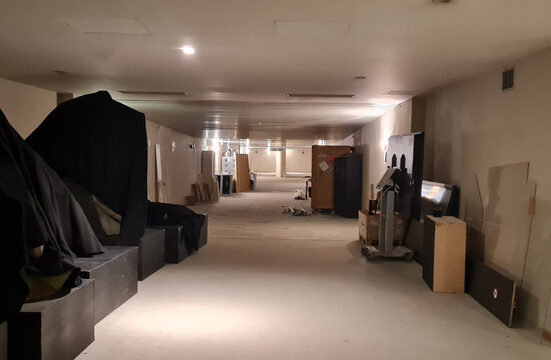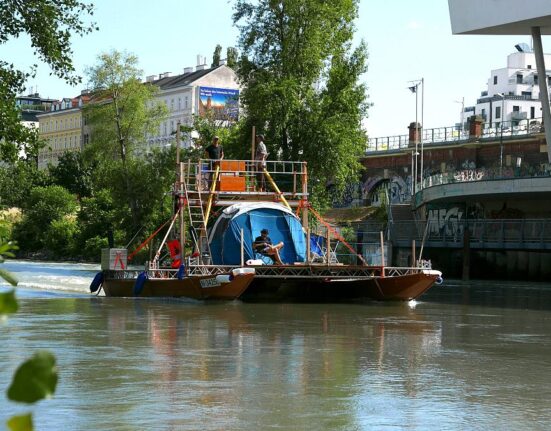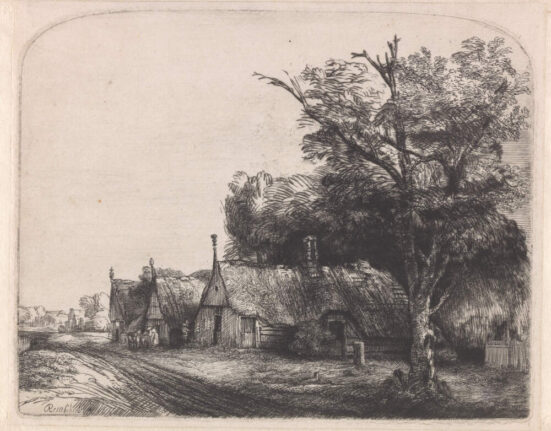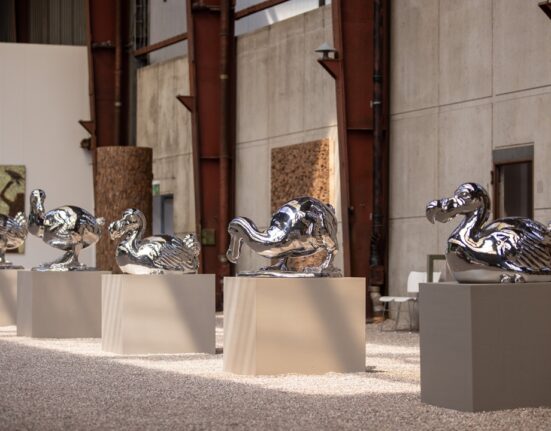Politicians take their language from the stock of ideas generated by local citizens—writers and artists, in particular. As the poet Percy Bysshe Shelley wrote in his “Defense of Poetry”, “Poets are the unacknowledged legislators of the world.” In this series of conversations with European artists and writers, directed by Institute for Human Sciences (IHS) Manager Elizabeth Amrien and moderated by Askold Melnyczuk, founder and former editor of AGNI, and Mark Feeney, Boston Globe Living Arts reporter and winner of the 2008 Pulitzer Prize for Criticism, we are asking some of the most creative and influential voices on the European continent to imagine forms of identity and political participation that could become templates for future European Union politics. Our questions include what constitutes the European “we,” what keeps “us” together, and where do “we” want to go in the future. And further, to what extent are Europe’s cultural and linguistic diversity linked? Has the growth of the European Union threatened Europe’s cultural diversity and if so, to what extent? Or, on the other hand, has the increased mobility and movement across borders led to greater appreciation of Europe’s cultural diversity? To what extent has the European project in Brussels engaged European artists, writers, and intellectuals? What has been the impact of the creation of a transnational “European” space on national, regional, and ethnic identities? It is our belief that Europe’s engagement with these important questions of place and identity holds valuable lessons for Americans.
To view the list of speakers, please visit the IHS archives, where you will also find audio and video transcripts of the conversations.

